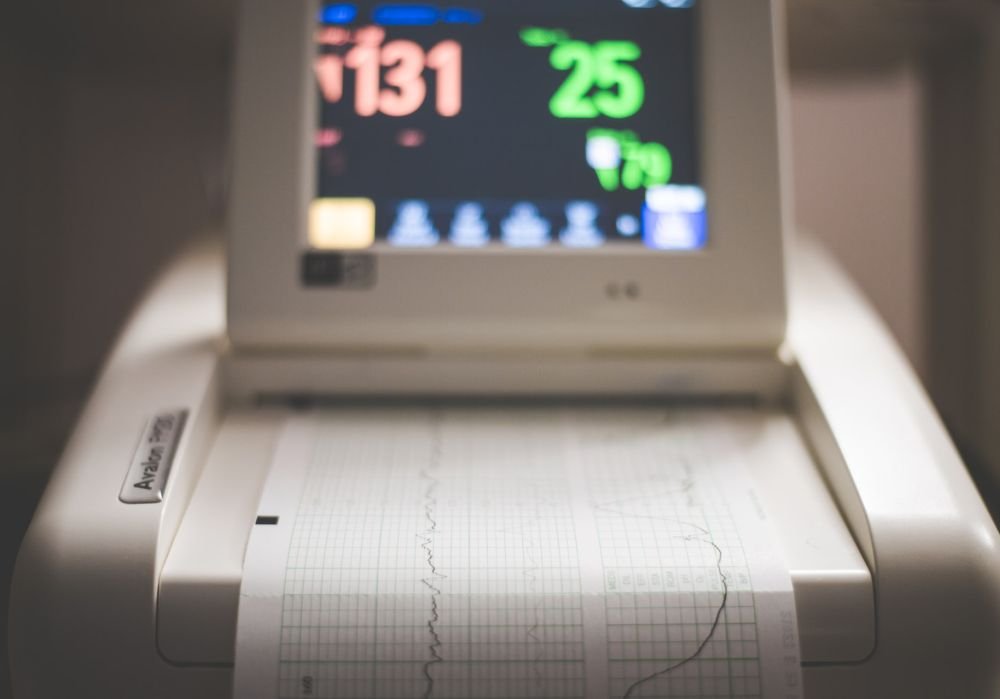
Scientists at Johns Hopkins University have found that abnormal cardiometabolism is associated with an increased risk of deadly arrhythmias. They lead to sudden cardiac arrest.
The data obtained open up the possibility of developing a new direction in the treatment and prevention of arrhythmias based on the impact on metabolic processes. Currently, this approach is not used in cardiology at all. And the results of the study are all the more valuable.
Deadly cocktail linked to sudden cardiac arrest
Sudden cardiac arrest is the cause of approximately 50% of all deaths associated with dysfunction of the cardiovascular system. In the United States, more than 300,000 Americans become its victims every year. Currently, only implanted, battery-operated, chest-mounted cardiodefibrillators are the primary way to prevent sudden cardiac arrest in high-risk patients. These devices constantly monitor the heart rhythm and, if it is disturbed, produce an electric shock.
Genetic signs of sudden cardiac arrest were found in the Russian Federation
Alas, within 7 years, 60-70% (!) Of these devices never activated to save lives, which speaks of their wasted implantation. At the same time, health care systems spend billions of dollars on the installation of cardiodefibrillators, but these procedures come with all sorts of risks. Non-invasive approaches are needed to more accurately assess risk in those who need or do not need these devices. (READ MORE) 
Johns Hopkins University
Medicine
private research University founded by Johns Hopkins in Baltimore (Maryland, USA)
